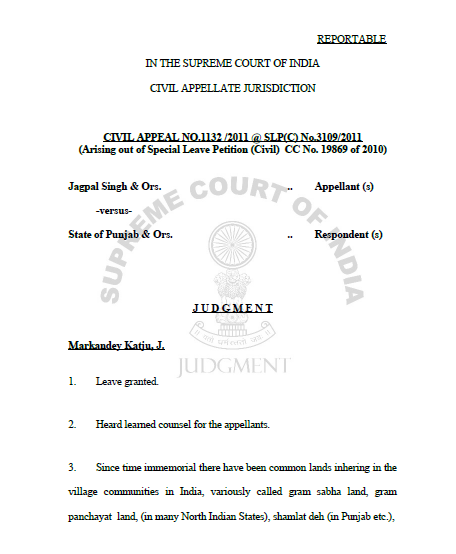Focal point
Location
NRMC is a technical and managerial advisory firm in the development sector that provides evidence-based solutions for sustainable, equitable and inclusive development.
Established in 2004, NRMC is engaged in creating impactful solutions that make a difference to the society. We achieve results at scale by catalyzing partnership with clients and communities. We believe in ethical business, nurturing talent to be courageous to push the limits of knowledge and discovering new ways of doing things.
NRMC experience, high quality skills, breadth of sectors, services make us preferred partners for public and private sector clients and partners in creating sustainable and scalable social impact.
We have a demonstrated in-depth understanding of sectors across project design and solution implementation. NRMC service offering incorporates all aspects of project and program management, development sector advisory, monitoring & evaluation and documentation. Focused on rural and urban poverty, Team NRMC is a professional service provider. Our experience on planning, advisory, technical and management support encompasses the social, institutional and gender dimensions of development. We work with a range of clients which include Government, bi-lateral and multi-lateral agencies, international NGOs, corporates and corporate foundations.
We constantly strive to understand community needs and aspirations, ensuring that we deliver contextual and impactful solutions on behalf of our clients and partners. With offices across six locations, we are able to provide effective and efficient solutions to clients and communities.
Members:
Resources
Displaying 136 - 140 of 208Open government data study: India
This report looks at some of the landscape relevant to open government data (OGD) in India, starting from the current environment in government, the state of civil society, the media, the policies that affect it from the Right to Information Act, standards-related policies, e-governance policies and he copyright policy. It also looks at a few case studies from government, civil society organisations (CSOs) and public-private partnerships, and profiles some civic hackers.
Supreme Court of India Judgment on Village Common Land in Case of Jagpal Singh & Ors vrs. State of Punjab & Ors. (Civil Appeal No.1132 /2011 @ SLP(C) No.3109/ 2011
This is a judgment of Supreme Court of India to check grabbing of village common land including ponds and water bodies (called in different names) by unscrupulous persons, political clout, powerful vested interests, corrupt state authorities, etc by fraudulent practices and ensure their protection and safeguard.
National Committee on Forest Rights Act
The Ministry of Environment and Forests and the Ministry of Tribal Affairs constituted a Joint Committee in April 2010 to review the implementation of the Scheduled Tribes and Other Traditional Forest Dwellers (Recognition of Forest Rights) Act, 2006 popularly known as Forests Rights Act (FRA) in the country with a specific TOR outlined for the purpose.
Acquisition of land for ‘development’ projects in India: The Road Ahead
The purpose of this report is to bring out certain key lacunae in the existing legislation and policy and suggest legal, moral and policy alternatives regarding displacement due to large projects in India. Central to the land-acquisition law reforms is the problem of a lack of political will which has prevented the 2007 Bill from being passed in both the houses of the Parliament. Towards the end, Author has attempted to highlight this political issue and the lacunae that exist even in the amended bill.
A Commons Story
The study is an attempt to bring to the fore a Commons perspective of agriculture,livestock and rural livelihoods in the dryland and tribal areas of India. Would agriculture, livestock and rural livelihoods sustain in the absence of the support provided by Commons.
In finding an answer to this, This explores the potential role of the Commons (land and water resources) in strengthening the viability of the agro‐pastoral production systems and the resilience of household livelihoods.

